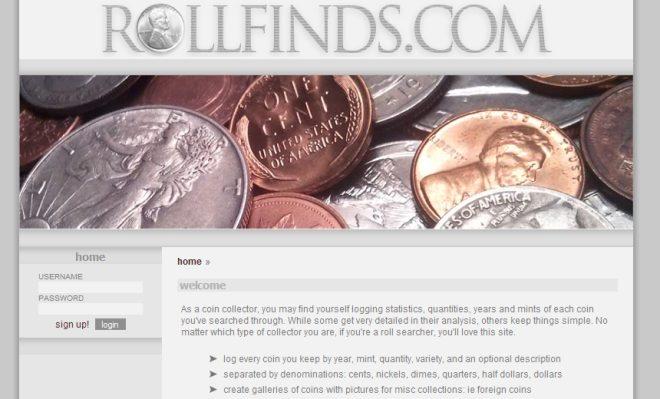🌱 See what’s sprouting in the garden – these updates include musings on the latest posts, happenings, and early stages of ideas, or noodlings. Vote on my 🍝 Monthly Noodles to see ideas further explored.
Hobbyist technology is my favorite to use. I also enjoyed making it once upon a time.
Since launching the site on June 12th and sending out emails at the end of July, I aimed to fill it with more content. Throughout August, I wrote five new posts, primarily centered on human-friendly and human-centered technology, companies, and their products. I delved into why certain aspects of the internet, like platforms that support hobbyists, appeal to us and how things tend to get complicated when money and an overwhelming number of users come into play, as seen with Instagram, Etsy, and similar platforms.
I’ve realized that hobbyist technology is my favorite – both to use and, once upon a time, to create. This kind of tech often emerges from a genuine desire to solve problems that matter to people. That’s why a company’s mission, values, and business model are critical; they shape the quality and longevity of the products they create. When a company’s foundation is solid and focuses on transparency and accountability, it tends to solve human problems effectively over time, even as it scales. Evaluating companies based on these factors is crucial for understanding the impact they will have in the long run. Think about the technology you enjoy most—I bet it’s closely tied to your hobbies or supports them.

This is a screenshot of the rollfinds.com (now defunct) site I created 14+ years ago to support Michael’s coin-roll searching hobby.
The behind-the-scenes entertainment value here is from 14 years ago.
Approximately 14 years ago, I started a site called “rollfinds.com” (now defunct) to support Michael with his coin-roll searching hobby. Unfortunately, I got a job based on an embarrassing portfolio that still exists and stopped working on it. Michael was part of a forum where users kept asking us about the site’s development. I wish I had continued since I had people asking about it! Sigh.
It probably would not have made much money, but donations could have supported its usage. Their passion firmly united this community for coin-roll searching, where you get boxes of coins from banks and look for rare finds in them. You save the finds in coin book collections, and most people take very meticulous notes and track stats on their finds to search ratios. Small niche projects online fascinate me (hence my Small Web obsession).
🍝 Monthly Noodles – Ideas I am noodling on lately
In every issue, I plan to reveal what I’ve been “going on about,” usually inspired by talking to people in real life 😱 or exchanging ideas in emails. Then, I might plant these ideas into the garden, which is heavily influenced by your input (and my motivation).
Reply to this email to let me know which thought you’d like to see get planted.
In my last update email, I wrote about Thought #2, the Never List. A few of you wrote in to tell me about your never-list struggles! Look at this post to see what came out of my attempts.
Thought # 1 – I have been thinking a lot about search, discovery, and distribution lately, especially with how noisy our platforms for connectivity have become with advertising.
It shows that there’s a complicated problem of trying to help people find what they want or educate people on what there is to want. The situation worsens with more companies and products emerging, creating even more options and noisy advertising. For example, knowing which AI tool to use is hard, and new technology solutions keep coming out. I thought it was hard enough to find a general contractor, a dentist, or where to get a decent haircut…
The digital shopping experience is much more complicated, especially now that AI is helping products go to market at record speeds. This also means that companies will struggle and become more desperate to get the word out about their products. I don’t think the answer is to hijack my Instagram feed with more ads. But I am wondering how to solve this problem: how can we link people up with the stuff they need or would benefit from having? How can we free up time for people to do product research? How can we encourage people to tell their friends about the tools, links, systems, and tricks that work for them in their actual lives?
Thought # 2 – Recently, I told someone about my theory, “The Trial of Self-worth,” which I will save for another time. However, I came up with this theory a few years ago, and since then, I’ve been pondering fulfillment. As a result of thinking about it again, with fulfillment in mind…
I ended up with this new concept: a Venn diagram of 3 circles – involving confidence, discipline, and fulfillment – to view internal self-worth and what it takes to be at peace with it.
To keep the idea simple, I think of confidence as “sticking to your word,” especially to yourself. It can start simple and build up to more challenging words to keep. For example, starting small (but still tricky): Go on that walk you said you would go on.
I consider discipline the ability to regulate and do something consistently, no matter how you feel or what feedback you get. For example, the feedback to ignore and keep regulating could be from experiencing no weight change at the gym for weeks 😅.
Lastly, I think of fulfillment as defining your purpose. It helps you determine what words to keep and what actions to regulate. This sounds simple, but I think these three things contribute to finding peace of mind regarding self-worth.
Now, how do we optimize all these? Maybe I’ll explore it in a post soon…👀

